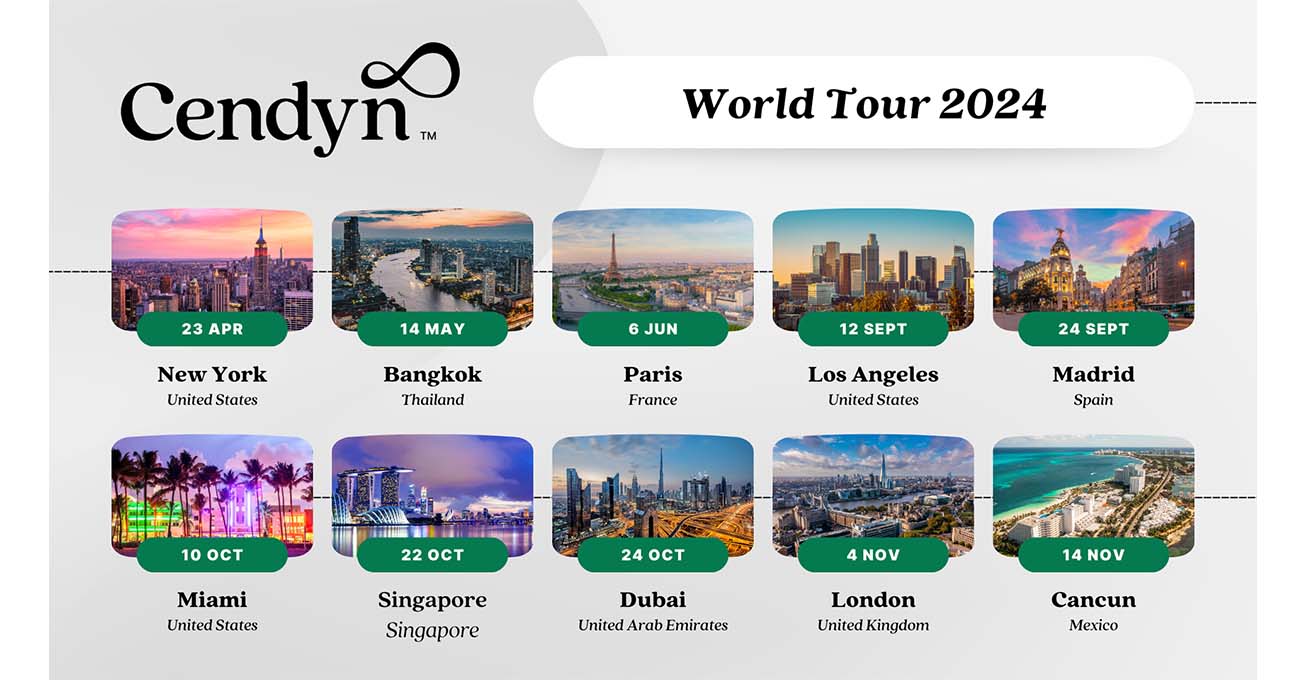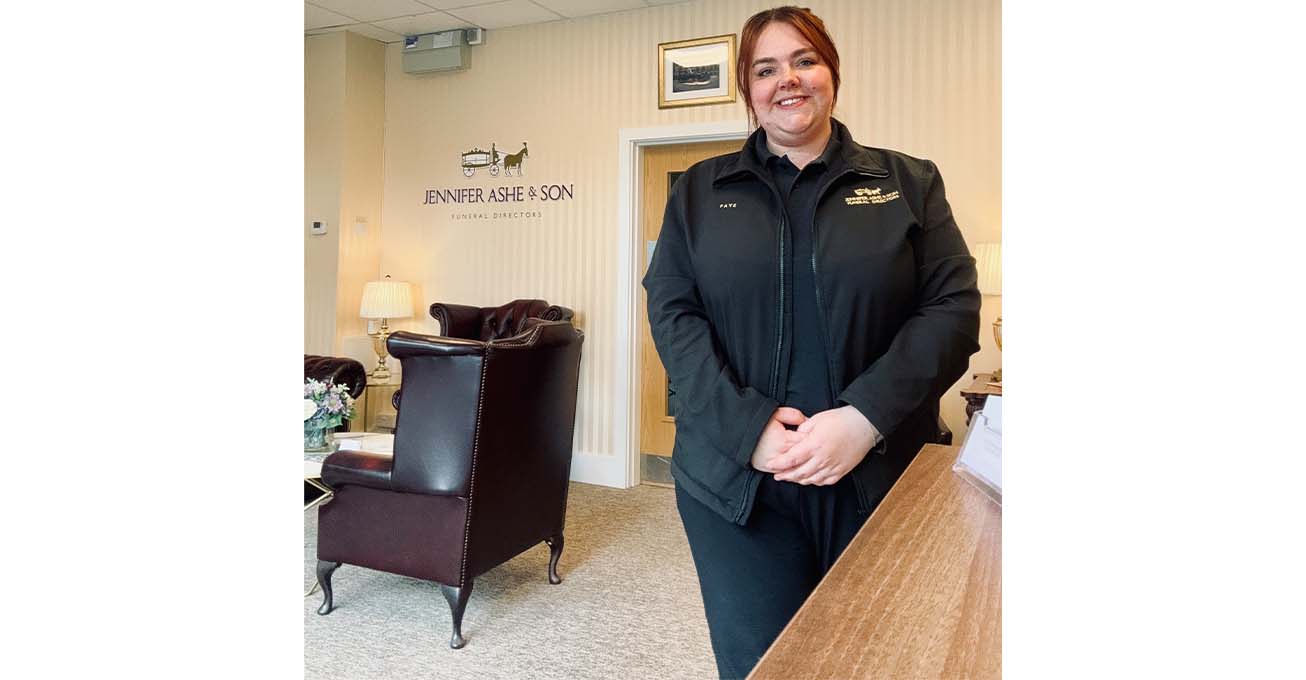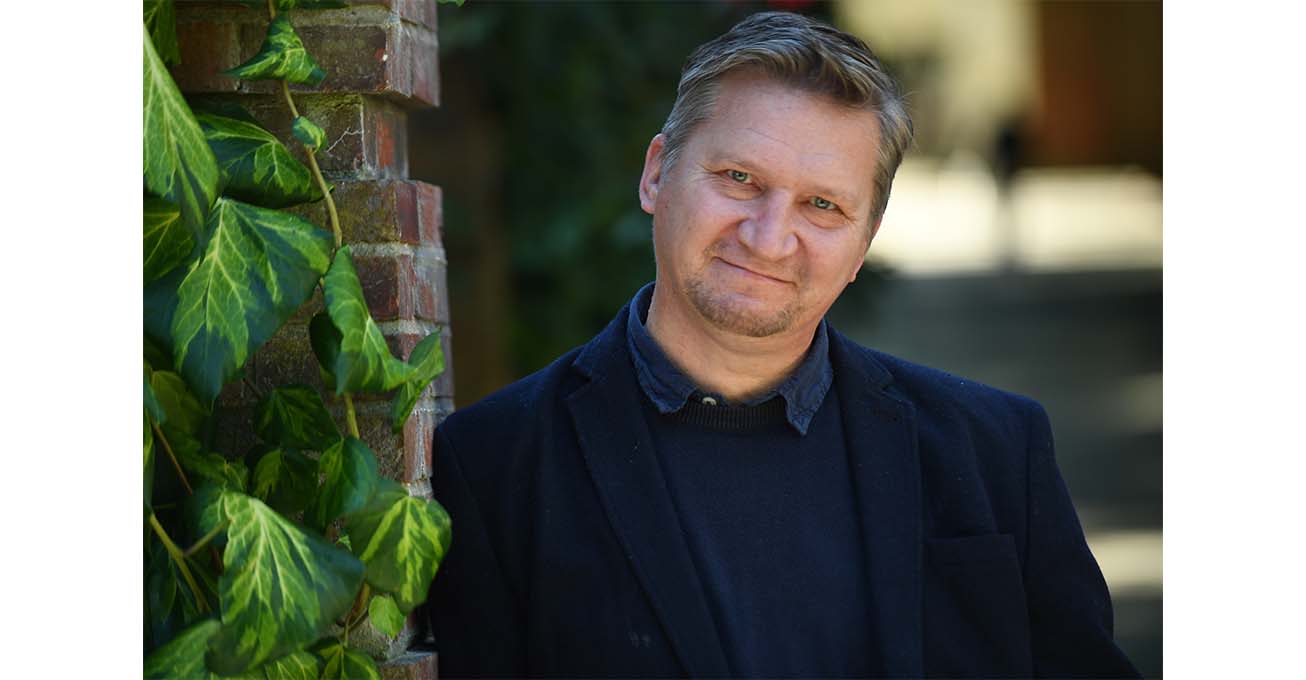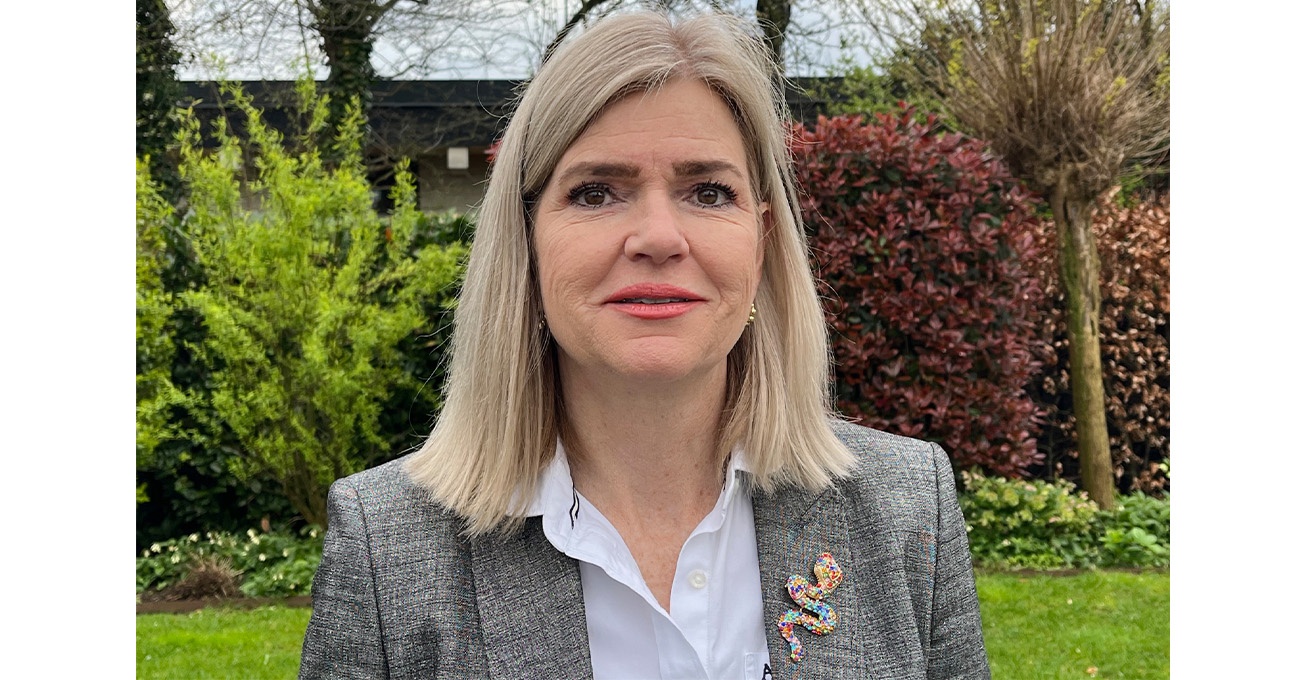Abbi Hoxleigh is an author and PR & Communications Strategist with a passion for telling the stories that need to be heard in the media.
She motivates her clients by enabling them to boost credibility and build reputation in order to feature in desired media, get a seat at the table for discussions and leave a digital footprint legacy.
Tell us a little bit about your business…
Using effective PR and Communications strategies Little PR Rock Marketing Limited (LPRM) now provides a holistic emotional safety-net for entrepreneurs to manage all start-up stakeholder relationships and networks effectively as they progress, including investors, suppliers, governments, the community, employees etc. by strengthening their communication skills, thought leadership, “credibility confidence” and their ambition to make a ‘newsworthy’ impact with PR opportunities.
LPRM aims to establish authentic top down values from CEO right from the beginning of the start-up journey by harnessing their vision, personal values, dreams and aspirations to keep them motivated and sharing success and opinion in the media to elevate their reputation, credibility and connections to be better prepared for the start-up pitfalls that may lead to business failure.
How did you get into the industry?
After many years working for Rethink Mental Health in a graphic design role and then working as a Community Mental Health Worker (CMHW) I found myself at a local charity as a Media Officer for 10 years called New Directions Rugby Limited.
During the Covid lockdown I worked from home and discovered Tony Robbins online with Unleash The Power Within. It wasn’t long before I decided to start my own business, with an “If not now then when” attitude. At first I focused on graphic design, before I realised that my strengths had become language based and I was good at helping people to master the strategies of PR and Communications that I took for granted.
I applied for a NatWest Entrepreneur Accelerator at Warwick University which developed the business to where it is today, combining mental health and the mindset needed for PR. I soon realised that my mission was becoming “Making CEO inner dialogue consistent with external messaging” and wrote my first book CREDIBILITY CONFIDENCE: How to Leverage PR as a Start-up as I completed my CIPR Diploma (Level 7) in 2023. This included all my experiences with the media, stakeholder relationships and thought leadership.
Now as a qualified CIPR Member who can join meetings at board level, I feel confident that as long as I keep up to date with my industry I can provide massive value.
What are the biggest opportunities and challenges in your industry?
It has to be artificial intelligence that is both a positive and negative for us in PR. Information can be produced so quickly now that it can be hard to get quality data, making fact finding increasingly more important as a PR professional. Copywriting and various other PR related activities can be done with AI, so ethics are even more relevant when using strategies like “nudge theory” for encouraging behavioural change.
Gone are the days of PR spin and I welcome an honest PR profession where proper storytelling, strong values and the greater good such as Corporate Social Responsibility (CSR) have become essential for building reputation. There are more opportunities to tell stories now than ever with more paid, earned, shared and owned media channels. Choice of media becomes both a blessing and a curse. Stakeholders now have more opportunity to see you in different guises depending on the channel and relationship building is the key to good communications that last.
As 1 in 4 people avoid the news it can be challenging to demonstrate that the media are under the gun, journalists are sometimes putting their lives on the line, knowledge is only filtered by a media channel according to editors and producers to appease their audiences and strict guidelines.
One positive opportunity for PR is to help audiences to take responsibility as to regulate what they see, for example, if we didn’t click on click bait it would become redundant. I see the stress of the media industry every day, and also in entrepreneurs.
The better we are as PR professionals to bridge the gap between our clients and their stakeholders, the more people begin to see how PR is more than press releases. It is a means of using the art of storytelling to make an impact, which is what humans have been doing for centuries.
How would you describe your leadership style?
As a leader I have been heavily influenced by my father who was a veteran. I lead from the front, make mistakes so that others don’t need to and leave no man left behind. I am heavily immersed in thought leadership as a PR and marketing tool but also know that it helps to motivate others. On a DISC profile I am a DI as I run my business.
I am persuasive and supportive as a leader and know my strengths and when I need to delegate. I understand time management and I spent most of my employee life working closely with the CEOs. I found out quite a lot about the ups and downs of leading a team and how lonely it can be at the top. I am ambitious, shrewd and optimistic. For some reason people seem to think I am a warm person, messy and authentic; but professional and I find that my transparency elicits trust in others.
How do you get the most out of the people who work for you?
In my professional sphere, my colleagues are primarily suppliers, and I’ve found that employing a blend of encouragement and commendation is remarkably effective. My approach is balanced—assertive yet equitable, reflecting a disciplined style likely inherited from my father. I prioritise instilling a sense of purpose in the work and maintaining high motivation levels. By highlighting their strengths and offering constructive feedback, I aim to foster a positive environment. However, I acknowledge that under stress, especially when the stakes are high, my directive side can become more pronounced, occasionally bordering on authoritative.
What are the most crucial elements to your business running smoothly and being successful?
The foundation of my business’s success now lies in cultivating genuine, compassionate relationships, as they not only help me manage my stress but also enable me to provide support to others. The individuals I collaborate with share a common vision; they are driven by a mission, committed to creating change, and constantly inspire one another to effect meaningful impact. As I am in the process of scaling my business, establishing strong affiliations, fostering collaborations, and securing contracts are becoming increasingly crucial. These efforts are directed towards developing the PR ProResource Centre, which is envisioned to be a central hub filled with pertinent information and valuable contributions, facilitating growth and innovation in our field.
How has the past 12 months been for you?
The last 12 months was a crash course in how to run and scale a PR business. It included a global viral story with ethical issues about a four-year-old author in the media, my own story that educated people about the Yellow Card Scheme, getting qualified with my CIPR Diploma (Level 7) qualified, establishing myself as a contributor to the media with stories in the press and also about higher profile topics, discovering my business purpose during the NatWest Entrepreneur Accelerator, writing and launching a PR handbook that has made a positive impact for many entrepreneurs already, navigating my own ill health emotionally and in the community, attending speaker boot camps and retreats as well as providing PR training.
What will the next 12 months look like for your business?
LPRM will now be focusing on start-up pitfalls affecting founder’s mental health, using effective PR and communications to improve the emotional health of start-up business founders. We aim to boost confidence and make the CEO’s inner dialogue consistent with the external messaging.
Entrepreneurs are facing a mental health crisis — here’s how … Budding entrepreneurs are twice as likely to report a lifetime history of depression, three times more likely to have bipolar disorder and three times more likely to experience substance abuse and addiction. They are also twice as likely to attempt suicide or be hospitalized in a psychiatric institution.
“Elon Musk, 52, previously tweeted in 2017 about his struggles with mental health. Speculating that he could have bipolar disorder, he spoke of how he experienced “great highs, terrible lows and unrelenting stress” – The Independent
Preserving the mental health of budding entrepreneurs and their employees with effective PR and Communications to help them navigate the challenges of the first five years as a start-up that may lead to business failure.
What are the highlights of your career so far?
Last year was a game-changer for me! I nailed my CIPR diploma, hitting Level 7, and really upped my game in public relations, along with my first global story and Yahoo inclusion. It was extremely challenging writing on topics for an Editor about the PR and mental health of celebrities and politicians, yet I am grateful for the experience.
Then came the thrill of winning Theo Paphitis’ Small Business Sunday award – totally amped up by actually going to the event. Thankfully I lasted the day for the photo, despite behaving like a 4-year old standing in front of Santa. I wrote my book and delivered training based on it. Called “CREDIBILITY CONFIDENCE: How to Leverage PR as a Start-up,” I aim to be a go-to guide for start-ups diving into PR.
This year kicked off with finishing the NatWest Entrepreneur Accelerator, a transformative experience that connected my love for PR with mental health, all thanks to my mentor Adam Walters and after the eye-opening times at Richard McCann’s Storytelling Retreat.
Toastmasters was where I dipped my toes into public speaking during Covid-times as I call them now, which led to my first big gig at Coombe Abbey just after the lockdown, all thanks to Sandra Garlick from Woman Who. I am now healing from losing my mother to Covid and my own PTSD triggers, which makes me even more determined to work with entrepreneurs on their mental health through good PR and Communications. On a super personal note, I opened up about my mental health journey on the BBC, hoping to shed light on the crucial Yellow Card Scheme. It’s been quite the ride!
What’s the biggest business mistake that you’ve learnt from?
My biggest mistake has been taking on too much, especially struggling to say no to pro bono work or lending a hand even when my schedule’s already packed. I’ve had to learn the hard way about recognizing my own limits. Even with exciting opportunities like organising events as a Media Officer at the New Directions Rugby Limited, including a visit from HRH Prince Edward, Duke of Edinburgh, I’ve realised that juggling too much can be overwhelming for just one person. It’s been a tough but valuable lesson in setting boundaries and prioritising my workload.
What’s the best piece of business advice you’ve been given?
“Done is better than perfect” – Dean Graziosi.
Jimmy Naraine also sheds light on a relatable feeling: the sense of being an imposter. This is where you are left wondering if you’re truly deserving of your success, or fearing you’re not as capable as people believe. It is a widespread phenomenon known as imposter syndrome. Yet, Jimmy says it’s not a dead-end; it can actually propel your growth when approached constructively.
He brings up the Dunning-Kruger Effect, which illuminates a paradox: those with limited knowledge might overrate their grasp, whereas the genuinely skilled might undervalue their expertise. This contrast highlights a journey of continuous learning, where expanding knowledge reveals even greater realms to explore. Naraine encourages embracing this journey, advising not to dwell on self-doubt but to persistently pursue personal and professional development.







